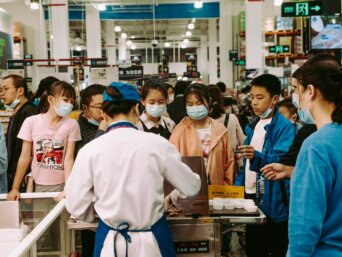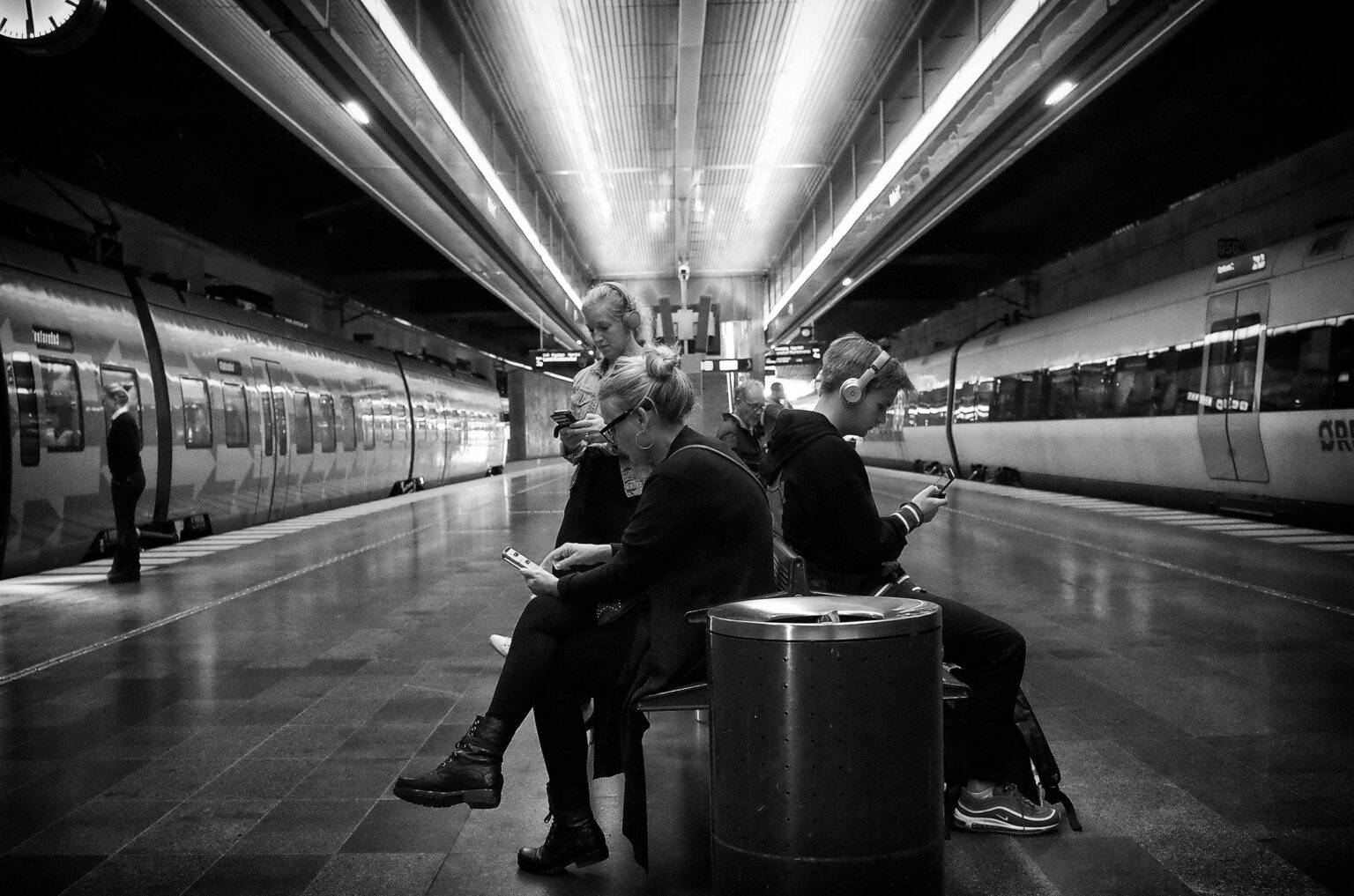- About
- Topics
- Picks
- Audio
- Story
- In-Depth
- Opinion
- News
- Donate
- Signup for our newsletterOur Editors' Best Picks.Send
Read, Debate: Engage.
| topic: | Discrimination |
|---|---|
| located: | China |
| editor: | Stella Tsang |
Since the pandemic began, various studies have looked into its ensuing consequences for patients recovered from their initial illness. With China’s population of over 1.4 billion, the World Health Organisation reports that there have been more than 5 million confirmed cases from January 2020 to July 2022. Such an amount suggests that caring for those with post-COVID conditions is a non-negligible yet tough issue.
However, recovered patients are also facing the unexpected consequence of discrimination in the workforce for a previous diagnosis of COVID-19, which violates their freedom to choose an occupation and right to engage in work. An article about a recovered patient, Ah Fen (pseudonym), who was unable to find work, has gone viral as all employers she came across only recruited job seekers with “no COVID record.” Penniless, she had to live inside the public toilet in Shanghai’s Hongqiao Railway Station for more than a month.
Though Ah Fen later secured a position, as local media reported, she was only the tip of the iceberg. Shanghai’s migrant workers also struggled to find jobs in the city after working as volunteers in the mobile cabin hospital. Regarding the disputes, the city’s officials stressed that recovered COVID patients should be treated “equally and without discrimination” as per laws and regulations.
In fact, such acts have already violated the countries’ laws that aim to protect all workers right to enjoy equal opportunities. For example, according to Article 16 of the Law on Prevention and Treatment of Infectious Diseases, no units or individuals shall discriminate against infectious disease patients. Article 30 of the Employment Promotion Law also states that when a unit recruits labourers, it shall not use the pretext that the labourer is a carrier of an infectious disease for exclusion from employment.
The continuing trend has even drawn the central government’s attention. During a meeting of the State Council on 13 July, Chinese Premier Li Keqiang called for the punishment of those who discriminate against recovered patients.
Nevertheless, such discrimination extends outside of job hunting and into daily routines. Local media reported that various cultural venues, such as the Foshan Grand Theatre in Guangdong Province, have banned recovered patients from paying a visit, out of the concern that they might retest positive for COVID.
That indicates the stigma against COVID patients remains rooted in China even two years after the outbreak. Critics believe the tense atmosphere generated by the authorities’ tight measures might be one of the causes: snap lockdowns, mass testing and mandatory quarantine following the country’s Zero-COVID approach could have triggered general fear of the virus and the consequences to bear once infected.
To solve the job seeking problem, citizens’ coronavirus test results older than one month are no longer displayed in the local health code system of some cities, including Shanghai, to prevent employers from tracking workers’ medical records - perhaps the act should become mandatory nationwide. Meanwhile, to prevent negative discrimination from the public against recovered patients, the authorities should organise educational campaigns to introduce the rationale against such employment discrimination and its legal consequences.
Photo by Joshua Fernandez

